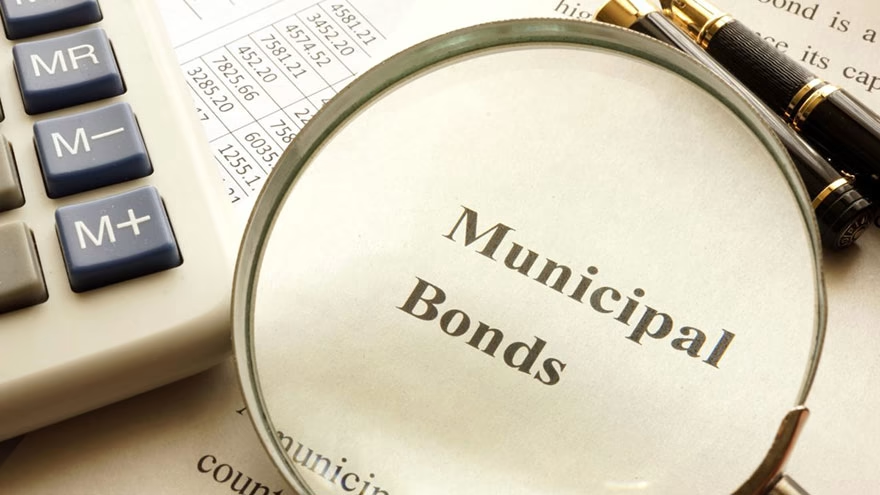As you reach retirement age, you may be able to get access to your 401k plan depending on the nature of your employment and the policies set forth by your plan's administrator.

Types
There are two types of 401k plans that you employer may offer. The first kind is a traditional 401k. This is the most common type of 401k plan offered. Contributions to the plan are pretax and taken from your paycheck every week. Roth 401k plans are less common, but are provided by some employers. The Roth 401k plan only allows after-tax contributions.
Time Frame
The IRS allows you to access your 401k plan when you reach age 59 1/2. This means that if you are age 60, you can access your 401k without incurring the normal 10 percent penalty for withdrawals made prior to age 59 1/2.
Benefit
If you want to get access to your 401k plan after you turn age 60, you generally must be retired from your place of employment. If you leave your employer, you must contact your plan administrator. Normally, you can do this by contacting your company's human resources department.The human resources department will provide you with the forms necessary to either make withdrawals from the 401k plan or transfer forms so that you can rollover your 401k plan into an IRA.
Misconceptions
While most employers require you to be retired from employment (you must not be working for your employer) to access your 401k plan, you may be able to access the plan while you're still working. Some employers allow in-service withdrawals. The IRS allows employers to give you access to your 401k while you're still working.However, employers are not obligated to give you access to your account.
Considerations
One option that you have when accessing your 401k plan is to transfer the 401k balance to an IRA. An IRA is an Individual Retirement Account and is a private account not associated with your employer. However, you don't have to transfer the money to an IRA.Instead, you may keep the funds inside of the 401k plan. Consider this option if you are satisfied with your employer's plan. You can make withdrawals as you would from your IRA.
Save for later
Found this helpful?
Pin this article to your Pinterest board and come back to it whenever you need a reminder.
Save to Pinterest


